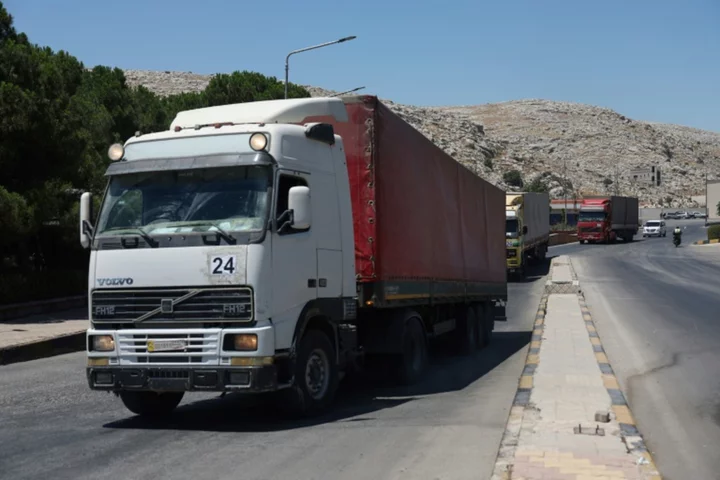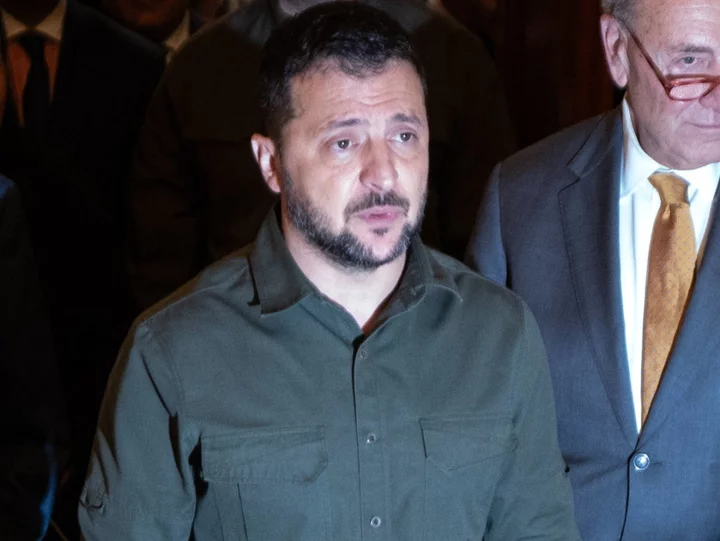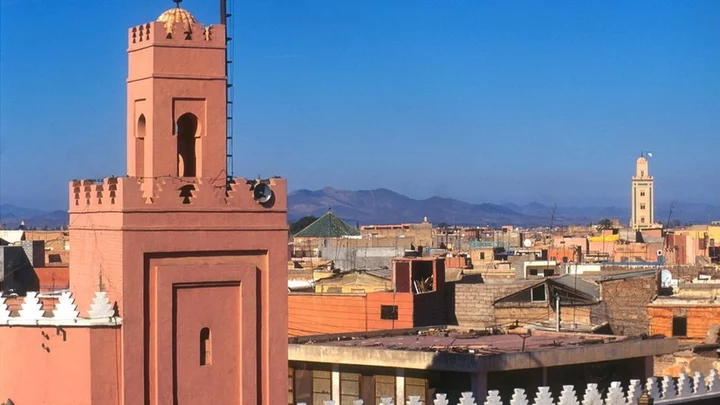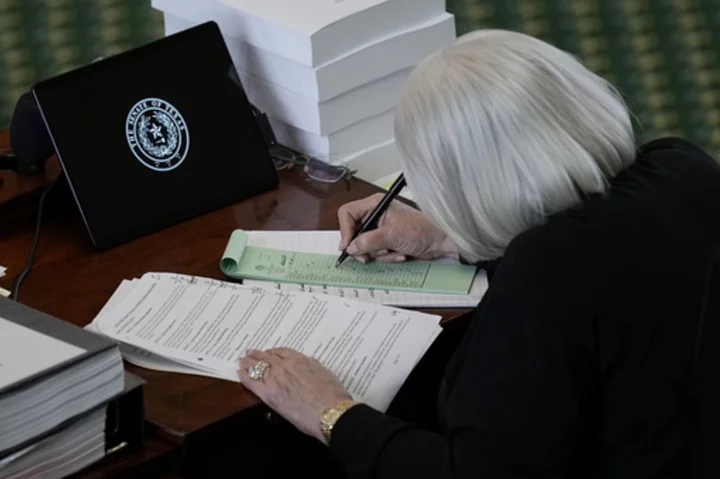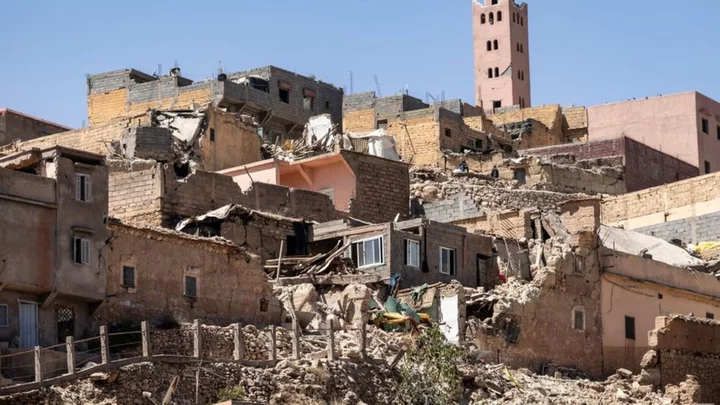Syria will let humanitarian aid flow through its main border crossing into rebel-held areas, reopening a conduit that had closed after a Security Council stalemate, the country's UN ambassador said Thursday.
Damascus has made a "sovereign decision" to let aid move overland from Turkey through the Bab al-Hawa crossing in northwest Syria for six months starting Thursday, ambassador Bassam Sabbagh told reporters.
He said he sent a letter to this effect to Secretary-General Antonio Guterres and the UN Security Council.
Through an arrangement that began in 2014, the UN largely delivers relief to northwest Syria via neighboring Turkey through the Bab al-Hawa crossing.
But a UN deal allowing for this mechanism to work -- without the authorization of Damascus -- expired on Monday.
The UN says more than four million people in northwest Syria are in need of food, water, medicine and other essentials.
Russia on Tuesday vetoed a nine-month extension of the agreement, and then failed to muster enough votes to adopt a six-month extension, during a vote at UN headquarters in New York.
Guterres spokesman Stephane Dujarric said the UN was studying Sabbagh's letter.
Even as the Bab al-Hawa crossing closed, two other crossings remained operational.
Syrian President Bashar al-Assad opened them after an earthquake in February that killed tens of thousands of people in Turkey and northwest Syria.
But 85 percent of the aid reaching rebel-held areas went through Bab al-Hawa.
- 'Gold standard' monitoring -
Damascus regularly denounces the aid deliveries as a violation of its sovereignty, and Russia has been chipping away at the deal for years.
The cross-border aid accord originally allowed for four entry points into rebel-held Syria before being reduced to one -- Bab al-Hawa -- after years of pressure from China and Russia at the Security Council.
Moscow is a major ally of Damascus, and its intervention in Syria since 2015 helped to turn the tide in the regime's favor.
Syria's conflict has killed more than 500,000 people, displaced millions and battered the country's infrastructure and industry.
The 15 Security Council members had been trying for days to find a compromise to extend the cross-border aid deal.
"The priority needs to be getting aid flowing again, fast, to the people who need it –- and then getting certainty over its future," ambassador Barbara Woodward of Britain, which is chairing the Security Council for the month of July, said after the announcement by Syria's ambassador.
"But without UN monitoring, control of this critical lifeline has been handed to the man responsible for the Syrian people's suffering," she added.
Woodward said that under the old UN arrangement, aid going through Bab al-Hawa had "gold standard" monitoring to make sure assistance was not diverted away from people in need.
Russia's push this week for a six-month extension of the UN deal came in a resolution that also denounced Western sanctions against Syria.
Syrian ambassador Sabbagh said the Western rejection of the Russian resolution amounted to obstruction.
He said the Syrian government had decided to open up Bab al-Hawa "in light of the intransigence of some members of the Security Council and their persistence in refusing to introduce any serious improvement" to the existing aid mechanism.
The two crossings that were opened after the earthquake are scheduled to shut down August 13.
Asked what will happen to them, the ambassador said, "we will assess the situation. We still have time from now until the 13th."
abd/dw/acb

